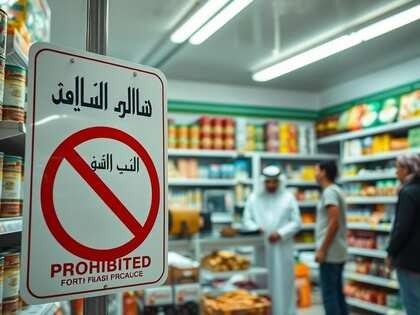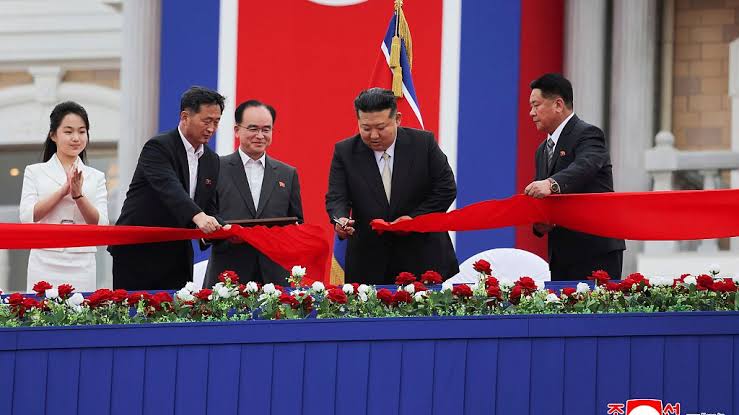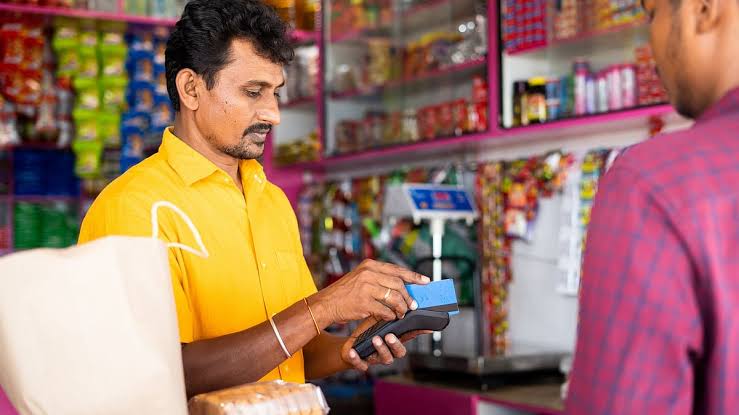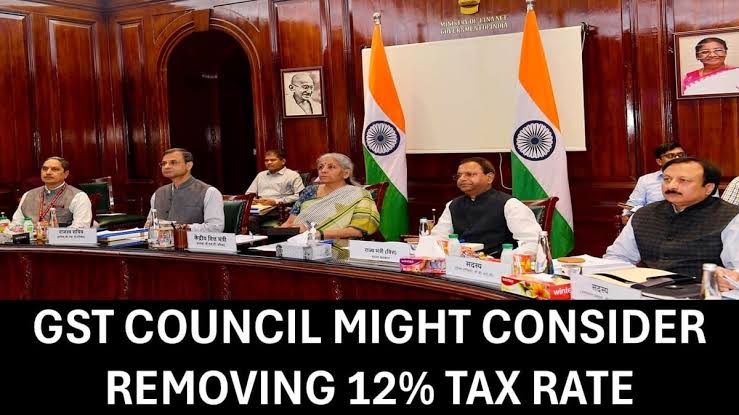
Follow WOWNEWS 24x7 on:
Updated: June 28, 2025 18:17

In a sweeping regulatory overhaul aimed at modernizing its retail landscape and improving public health standards, Saudi Arabia has banned small grocery stores—locally known as baqalas—from selling a wide range of everyday items including dates, meat, fruits, vegetables, and tobacco products. The directive, issued by Minister of Municipal and Rural Affairs and Housing Majed Al-Hogail, took immediate effect in June 2025, with a six-month grace period granted for existing establishments to comply.
Here’s a detailed breakdown of what the new rules mean for consumers, retailers, and the broader Saudi economy.
Key Changes Under the New Regulations
- Small grocery stores and kiosks are now prohibited from selling dates, fresh produce, meat, and tobacco products including cigarettes and shisha
- These items may only be sold in larger retail outlets such as supermarkets and hypermarkets
- Meat sales, even in supermarkets, will require a separate license
- Exemptions include non-perishable items like charger cables and prepaid mobile recharge cards, which can still be sold across all store types
Minimum Space Requirements Introduced
To further streamline the retail sector, the government has introduced minimum floor space requirements:
- Grocery stores: at least 24 square meters
- Supermarkets: at least 100 square meters
- Hypermarkets: at least 500 square meters
These thresholds are intended to distinguish between store categories and ensure that sensitive goods are handled in more hygienic, regulated environments.
Why the Ban Was Introduced
- The move is part of a broader effort to improve food safety, hygiene, and consumer transparency
- Authorities aim to centralize the sale of perishable and regulated goods in better-equipped retail environments
- It aligns with Saudi Vision 2030 goals to professionalize the retail sector and enhance consumer trust
- The Saudi Food and Drug Authority has also introduced new labeling rules requiring nutritional disclosures and sodium warnings on menus, effective July 1, 2025
Impact on Retailers and Consumers
- Small store owners have six months to adjust their operations or risk penalties
- Consumers in remote or underserved areas may face reduced access to fresh produce and meat unless supermarkets are nearby
- The government is encouraging affected retailers to upgrade their facilities or shift to selling non-restricted items
Looking Ahead
- The policy is expected to reshape Saudi Arabia’s retail ecosystem by encouraging consolidation and formalization
- It may also pave the way for more stringent food safety enforcement and digital monitoring of retail compliance
- Analysts suggest the move could lead to increased investment in mid-sized supermarkets and supply chain infrastructure
As Saudi Arabia redefines what its corner stores can offer, the reform signals a decisive shift toward a more structured, health-conscious, and globally aligned retail environment.
Sources: Saudi Gazette, Gulf News, The Siasat Daily, Gulf Business, MSN India, Ministry of Municipal and Rural Affairs and Housing Circulars June 2025




